Negotiate Better Deals with AI-Powered Research
ai-bsm.com
6/19/20253 min read


Effective negotiation depends on information advantage. The party with deeper market knowledge, stronger competitive intelligence, and better understanding of the other side's position typically secures more favorable terms. Yet thorough pre-negotiation research traditionally requires days of work and specialized skills that many professionals lack. ChatGPT offers a powerful alternative: the ability to conduct comprehensive negotiation research in minutes rather than days.
By leveraging AI to gather and analyze critical information before entering negotiations, you can identify leverage points, anticipate objections, and develop data-backed proposals that significantly improve your outcomes.
The AI-Powered Negotiation Research Framework
Follow this framework to prepare for any negotiation with unprecedented speed and thoroughness:
Step 1: Gather Your Baseline Information
Before engaging with ChatGPT, collect whatever information you already have about:
The specific product/service/deal you're negotiating
The other party (company, individual, or department)
Your ideal outcome and minimum acceptable terms
Any deadlines or timing constraints
Previous interactions or negotiations with this party
Step 2: Market Intelligence Prompt
Start by establishing the broader market context for your negotiation:
Negotiation Market Intelligence Prompt I'm preparing to negotiate [specific deal/purchase/contract] with [other party]. Please help me understand the current market conditions relevant to this negotiation: 1. What is the typical price range for [product/service/deal] in today's market? 2. What are the standard terms, conditions, or components included at different price points? 3. What market factors are currently affecting pricing or availability? 4. What are 3-4 recent trends in this market that might impact negotiation leverage? 5. Who are the top competitors offering similar [products/services], and how do their offerings compare?
This prompt helps establish objective benchmarks for your negotiation, preventing the other party from anchoring you with misleading "standard" terms.
Step 3: Counterparty Analysis Prompt
Next, develop insights about the specific party you're negotiating with:
Counterparty Analysis Prompt I'm negotiating with [company/individual/department]. Please help me understand their position and priorities: 1. Based on publicly available information, what appears to be their current business situation? 2. What are their likely priorities and pain points given their industry position? 3. What potential constraints might they be operating under? 4. What are their competitive alternatives to making a deal with me? 5. Based on their recent business news or industry position, what might be particularly valuable to them beyond price?
This prompt helps you understand the other party's position, enabling you to frame proposals in terms of their priorities and constraints.
Step 4: Leverage Point Identification Prompt
Identify specific advantages you can use in the negotiation:
Negotiation Leverage Prompt Based on the market information and counterparty analysis, please help me identify my strongest leverage points for this negotiation: My situation: - I'm offering/seeking: [brief description] - My timeline: [flexible/urgent/etc.] - My alternatives if this deal doesn't happen: [BATNA if known] - Special value I bring: [any unique advantages] Please identify: 1. 3-4 specific leverage points I could emphasize 2. How to frame each leverage point effectively 3. Supporting data or examples I could reference 4. Potential timing strategies to maximize leverage
This prompt translates market and counterparty information into specific tactical advantages you can deploy during the negotiation.
Step 5: Objection Preparation Prompt
Anticipate and prepare for likely pushback:
Negotiation Objection Preparation Prompt Based on our analysis, please help me prepare for likely objections during this negotiation: 1. What are the 5 most likely objections or pushback points I'll hear? 2. For each objection: - What data or talking points could I prepare in advance? - What questions could I ask to better understand their specific concern? - What alternative proposals could address their underlying need? 3. What concessions might they ask for, and how should I prioritize what I'm willing to give?
This prompt helps you prepare for challenging moments in the negotiation, ensuring you're never caught off-guard.
Implementation Tips for Negotiation Success
Document Your Research: Create a simple negotiation brief with key points from your AI research to reference during discussions.
Prepare Specific Language: Draft exact phrasing for introducing leverage points and responding to common objections.
Develop Tiered Proposals: Create multiple proposal options at different value levels to facilitate productive give-and-take.
Refresh Before Each Round: For multi-stage negotiations, update your research between sessions to incorporate new information.
Need expert guidance on implementing AI-powered negotiation strategies for your business? Contact AI Business Success Mentoring today. Our specialists can help you develop custom research frameworks tailored to your specific industry. Visit ai-bsm.com to schedule your consultation.
Let's Talk
Pages
© 2024. All rights reserved.
Your Trusted AI Partner.
Important Links
Get in Touch
